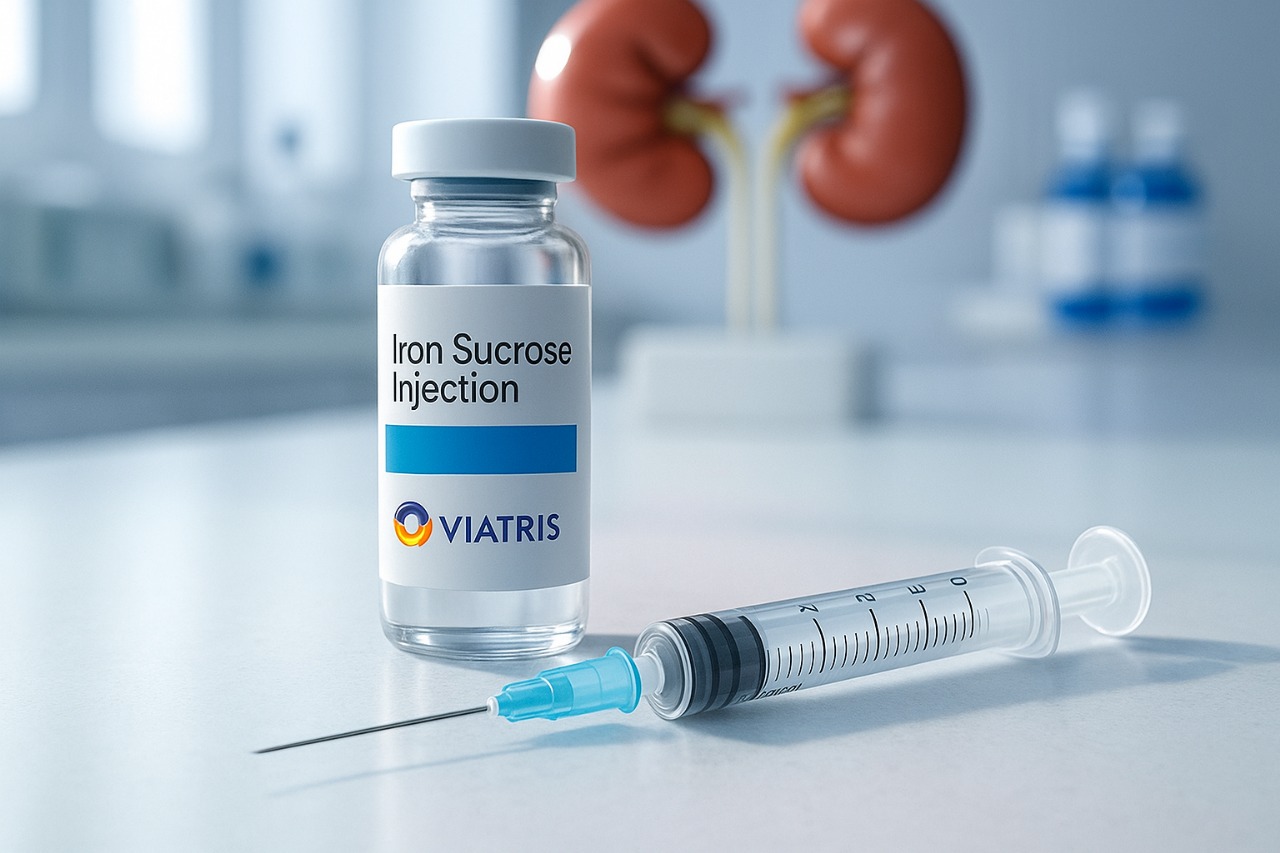
Lantheus Holdings, Inc. (NASDAQ: LNTH), a leader in radiopharmaceuticals, revealed on August 6, 2025, that the U.S. Food and Drug Administration (FDA) has accepted a New Drug Application (NDA) submitted by its affiliate, Aphelion, for an advanced formulation of piflufolastat F 18, the active ingredient in its flagship PSMA-targeted PET imaging agent, PYLARIFY. The FDA has established a Prescription Drug User Fee Act (PDUFA) target action date of March 6, 2026, paving the way for potential approval that could significantly expand access to this diagnostic tool for prostate cancer patients. This development builds upon PYLARIFY’s established success, which has revolutionized prostate cancer imaging with superior diagnostic performance, including an 86% median true-positive rate for detecting recurrent disease in patients with rising PSA levels post-therapy, as demonstrated in clinical studies with independent readers.
Philippe Martin, Viatris’ Chief R&D Officer, highlighted this approval as a significant milestone, underscoring the company’s advanced technical expertise in developing complex generics. The in-house development process involved close collaboration with the FDA over several years, demonstrating Viatris’ commitment to innovative solutions for underserved patient populations. The company’s robust pipeline in complex injectables spans various therapeutic areas, including another iron replacement product, ferric carboxymaltose injection.
Corinne Le Goff, Chief Commercial Officer at Viatris, emphasized the launch’s role in expanding treatment options for CKD patients with IDA, promoting sustainable access to essential therapies. This first-to-market generic strengthens Viatris’ diversified generics portfolio and aligns with its global business strategy. The FDA awarded Viatris a Competitive Generic Therapy (CGT) designation for the 100 mg/5 mL and 200 mg/10 mL strengths, facilitating expedited review due to limited generic competition and granting 180 days of market exclusivity. Venofer® recorded U.S. annual sales of about $515 million as of June 30, 2025, per IQVIA data.
Key safety information includes contraindications for hypersensitivity to iron sucrose, warnings for severe hypersensitivity reactions, hypotension, and iron overload. Adverse reactions in adults commonly involve gastrointestinal issues, headache, dizziness, and hypotension, while pediatric patients may experience headaches, infections, and vascular events. Post-marketing reports note serious events like anaphylaxis, convulsions, and cardiac issues. Drug interactions may affect oral iron absorption, and special caution is advised in pregnancy and geriatric populations due to potential risks. This approval represents a pivotal advancement in affordable CKD management, potentially reducing healthcare burdens while maintaining high safety standards.

